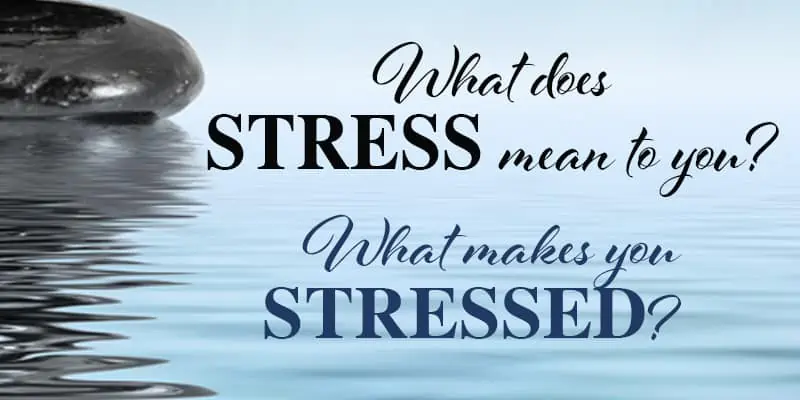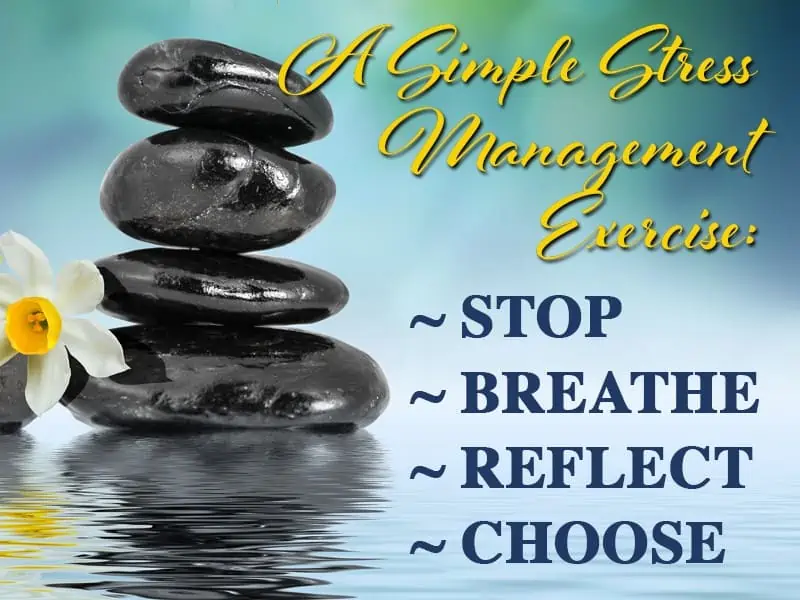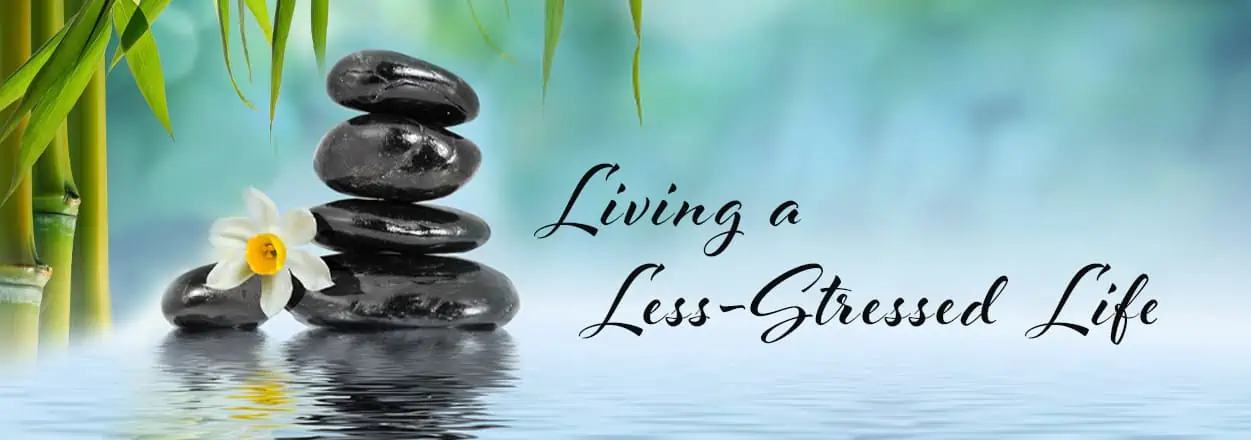


Stress. It’s normal and no one is immune. Let’s take a moment to recognize that most of us feel, or have felt, stress in some way at some time in our lives, especially in these current times of pandemic restrictions, being “home bound,” and leading multi-tasking lives.

The term “stress” is difficult to define in one simple statement since it means so many different things to each of us. One definition is: a physical, cognitive, emotional, and behavioral response to a real or perceived challenge, demand, change or threat. A survey by the American Psychological Association found that the five factors most often cited as a source of stress were: money, work, family, economic outlook, and relationships.

- Stress can be useful. According to the National Institute of Mental Health, “stress can motivate people to prepare or perform and might even be life-saving in some situations.”
- Stress can be sickening, literally. People under stress are more susceptible to illnesses, such as headaches, insomnia, high blood pressure and even heart disease

- Preoccupation with gambling and chasing losses.
- Dept and other financial problems.
- Coping with grief, loneliness, anger or depression.
- Relationship problems due to withdrawal and isolation.
- Over-indulgence in alcohol and/or drugs.
- Borrowing of money from family, friends or employer.
- Secrecy about bills, banks statements and other financial data.

- Take time for yourself and slow down.
- Engaging in a variety of activities.
- Recharge throughout the day by taking a quick break.
- Live in the moment.
- Be positive/optimistic.
- Manage how you think by focusing on what is within your control and adjusting your expectations.

- Take care of yourself – eat healthy, exercise regularly, get plenty of sleep, give yourself a break if you feel stressed.
- Have a conversation – discuss your problems with a parent, friend, or even a Peer Recovery Support Specialist.
- Avoid drugs and alcohol – over-indulgence on anything may temporarily “numb” stress, but it may compound stressful affects later.
- Recognize when you need more help – know when to talk to a “no cost” counselor if you’re struggling with gambling behaviors.
Start today and acknowledge that stress happens. By implementing self-care tools, you and your family can minimize stress and enjoy a healthier, happier life.

Maryland Helpline
If you, or someone you know, is dealing with stress due to gambling behaviors,





